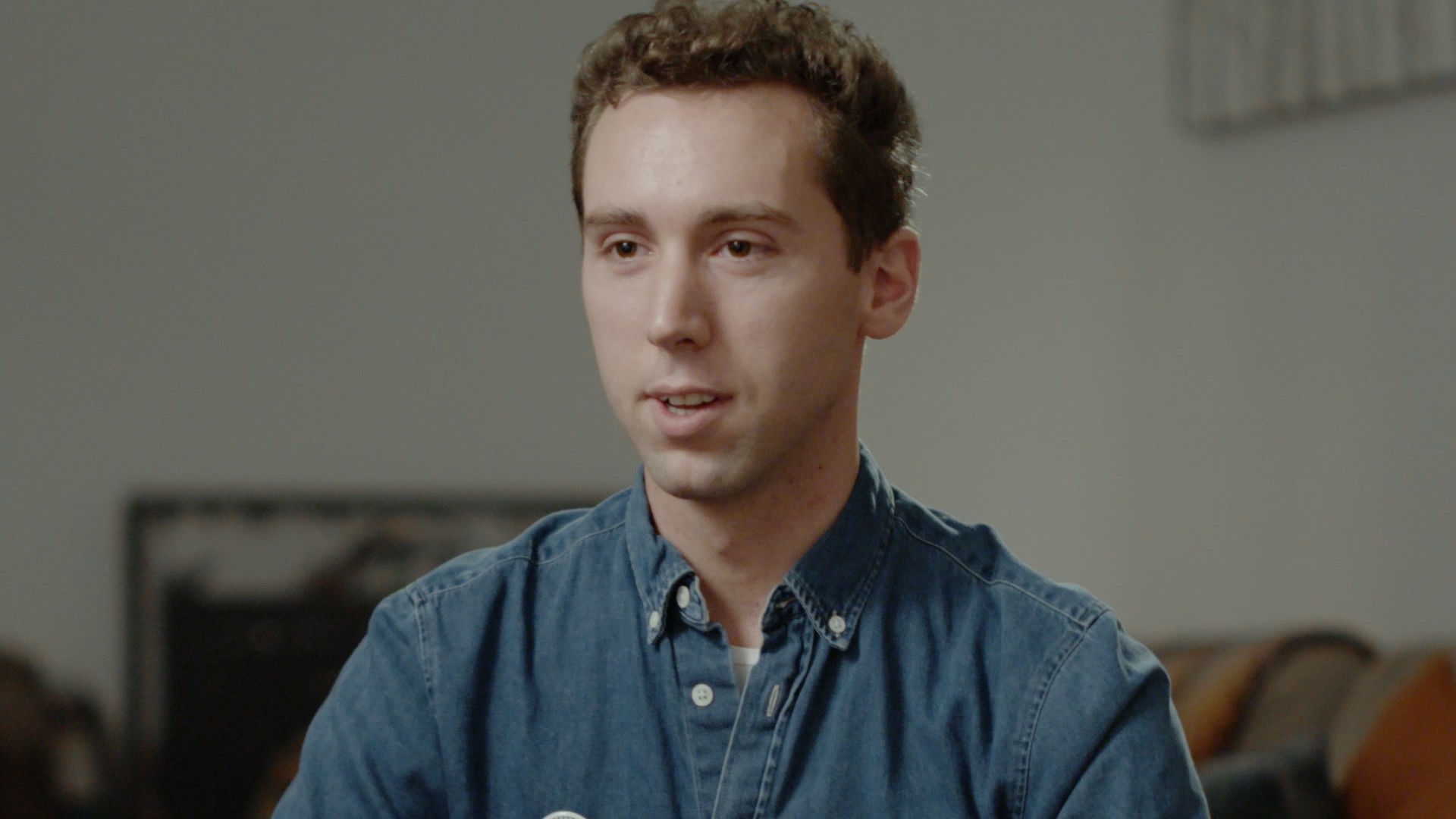America’s political system is so badly bloated by money these days that the foundational mechanisms built to ensure ordinary citizen access and influence have become gummed up, sluggish and largely ineffective.The elite, however, need only dial a few digits or sign their signature to a check should they wish to make their voice heard. The extent of influence wielded by the largest campaign donors today is virtually endless. Take the Koch brothers, who not only shaped the recently signed Republican tax bill, but also developed and distributed talking points to Republican leaders that obscured the true intent of the law, to reward the rich. At their annual summit in Palm Springs, the Kochs announced they would spend $20 million in further efforts to sell the Republican tax plan to voters. The charm offensive is only part of the Koch’s planned $400 million investment in the 2018 midterm elections.
Advertisement
The 2018 midterm elections are supposed to see unprecedented spending -- perhaps as much as $4 billion. This further raises the bar for entry in politics and, as The Intercept reported, has created an atmosphere where political parties rank a candidate’s fundraising abilities over their policy ideas. This deluge of money will also produce a result where virtually every member of Congress will have some large campaign donor or interest they must thank, whether through a nice note, an open door, or even a piece of legislation.The spectre of oligarchy has long haunted American politics. In this country, speech -- which has long been defined by the courts to include political spending -- is precisely protected. And while there have been efforts over the years to beat back the encroaching power of the country’s most powerful, they have all fallen short. Today, America’s campaign finance system lags behind many other developed countries that limit not only fundraising, but campaign spending.The most comprehensive crack at federal campaign finance reform in America came in the wake of Watergate, when public mistrust in government boiled throughout the country. A number of good government reforms were made in the wake of Watergate, including lofty legislation that imposed limits on both political fundraising and spending in elections. It also created the Federal Election Commission to enforce these toothy new statutes.
Advertisement
“There are certain periods in our nation's history when it becomes necessary to face up to certain unpleasant truths,” said President Gerald Ford at a signing ceremony in 1974, less than one year after Richard Nixon resigned in shame. “The unpleasant truth is that big money influence has come to play an unseeming role in our electoral process. This bill will help to right that wrong.”The bill, which beefed up the Federal Elections Campaign Act, passed on a strong bipartisan vote in both chambers of Congress, and was wildly popular in the polls. But the law was dealt a major blow just two years later, when the Supreme Court ruled in Buckley v. Valeo that mandating spending limits in elections represented an unconstitutional limit on free speech."Today, America’s campaign finance system lags behind many other developed countries that limit not only fundraising, but campaign spending."
Watch some more video from VICE:

While Citizens United vs. Federal Election and McCutcheon vs. Federal Election Commission are the two Supreme Court cases most often invoked when discussing setbacks to campaign finance reform, it is the Valeo decision that has spooked generations of legislators from revisiting spending limits. (A gutsy Vermont state law that mandated spending limits was struck down by the Supreme Court in 2006, which cited Valeo as precedent.)There have been subsequent, fairly tepid campaign finance reforms in Congress. These laws set fundraising limits for federal candidates and political parties, and also issues firm new rules over political advertising. The fundraising limits have had the perverse effect of pushing money into the shadows. In today’s atmosphere, well-heeled corporate interests spurn the regulated system in favor up Super PACs that can collect unlimited dollars and keep donors secret. According to Bloomberg News, dark money represented nearly two-thirds of political-ad spending in the 2016 campaign. (As for the restrictions on political advertising, they were struck down by the Supreme Court in Citizens United.)
Advertisement
Then there’s the political spending, which is unregulated in American politics and is the biggest loophole in the system. Because there’s no spending ceiling, politicians are always fundraising. A 2016 60 Minutes investigation found that the National Republican Congressional Committee essentially set up call centers near the U.S. Capitol, where members were mandated to spend up to four hours each day dialing for dollars.“You never see a [Congressional committee] working through lunch because those are your fundraising times,” former U.S. Rep. David Jolly told 60 Minutes. “And then in between afternoon votes and evening votes, that's when you can see Democrats walking down this street, Republicans walking down that street to spend time on the phone making phone calls.”Many developed countries have strict limits on political spending, including Belgium, Canada, Chile, France, Greece, Iceland, the United Kingdom, Ireland, Israel, Japan, South Korea, Poland, and Slovenia.
In Britain, political parties are barred entirely from airing television ads, and can only spend $29.5 million in total for any election cycle. In Canada, spending limits curtail parliament elections to the point where an average candidate will spend between $12,000 and $90,000 on a race. According to the Washington Post, a typical House candidate spends $500,000 on a race, while a prospective Senator will throw down $1.5 million."A typical House candidate spends $500,000 on a race, while a prospective Senator will throw down $1.5 million."
Advertisement
According to the Money, Politics and Transparency Project, America ranks below Georgia, Argentina, Costa Rica and Mexico when graded on the integrity of its political financial system. The countries that rank above the U.S. have strict restrictions on both fundraising and spending, and many also offer a robust public financing option for candidates. A database from the Institute for Democracy and Electoral Assistance similarly faulted America for its lack of controls on campaign spending.America’s campaign finance system still ranks better than most other developed nations largely because of its exhaustive reporting requirements on spending. These and other rules have historically been overseen by the Federal Election Commission (FEC), a wonky six-person body based in Washington.Unfortunately, recent gutsy FEC actions have been shot down in the courts. Both the Citizens United and McCutcheon cases were brought by political actors alleging that the FEC had overstepped its bounds, and both cases ended in defeats for the commission.Today, the FEC is in dire shape. The Center for Public Integrity reported in December that the commission is in danger of losing a quorum, which would effectively shut the body down. Dave Levinthal in Politico reported that many political actors are now completely ignoring FEC fines.
"This gutting of campaign finance regulations has largely come at the hands of the Supreme Court, which is increasingly partisan. "
Advertisement
“Uncooperative political committee leaders, bureaucratic bumbling and flaccid fine enforcement efforts all contribute to election law breakers outrunning penalties during a time when campaign shenanigans — from Russian advertisements to government contractors bankrolling super PACs — are increasingly brazen and sophisticated,” Levinthal wrote.This gutting of campaign finance regulations has largely come at the hands of the Supreme Court, which is increasingly partisan. The court’s newest judge, Neil Gorsuch, did not endorse campaign finance reforms during his confirmation hearings last year. (In fact, Gorsuch benefited from an anonymous $28.5 million dark money investment that supported his confirmation with television ads across the country.)There have been recent congressional efforts to reform the campaign finance system, among them the DISCLOSE Act, the Government By The People Act, and the Fair Elections Act. But these bills have failed to attract nearly the same level of support that the 1974 campaign finance reforms garnered. Meanwhile, the current makeup of the Supreme Court is further loosening the rules of engagement in politics. While the court ruled in 1991, for example that it is a federal crime to receive campaign contributions and to return an explicit promise of an official act, it greatly weakened this precedent in 2016, when it overturned the corruption conviction of former Democratic Virginia Gov. Bob McDonnell.
Advertisement
It seems unlikely that the court will take up a major campaign finance case in the near future, so congressional action is most likely the best option for change. Read the live campaign finance bills in Congress today, and see if your Representative or Senator has sponsored the legislation. You can also check the campaign finance laws in your home state here.Campaign finance reform was once a bipartisan issue, and it continues to be overwhelmingly supported by Americans of all stripes. While Republican leaders today are opposed to campaign finance reforms it was Gerald Ford, a Republican, who ushered in the monumental 1974 reforms. And it was Supreme Court Justice John Paul Stevens -- a Ford appointee -- who issued the blistering dissent in Citizens United, warned that the ruling threatened to “undermine the integrity of elected institutions across the nation.”“The Court’s blinkered and aphoristic approach to the First Amendment,” he wrote, “will undoubtedly cripple the ability of ordinary citizens, Congress, and the States to adopt even limited measures to protect against corporate domination of the electoral process. Americans may be forgiven if they do not feel the Court has advanced the cause of self-government today.”VICE Impact is committed to getting more people registered leading up to the 2018 midterm elections. We are working with Democracy Works' TurboVote challenge, a leading digital voter registration initiative, and grassroots organizations across the country to increase voter registration and turnout in the United States.End Citizens United is the largest campaign finance reform organization dedicated to unrigging the system and getting big money out of our elections. Find out how you can take action now.
